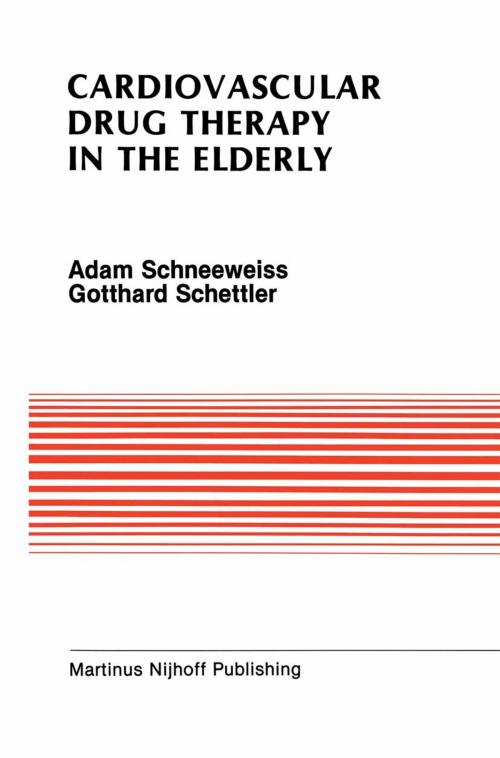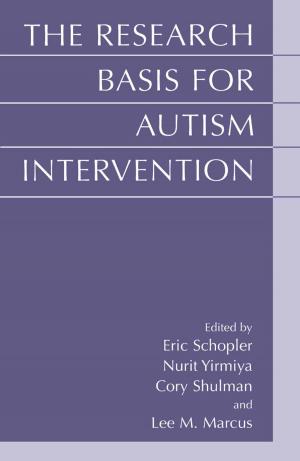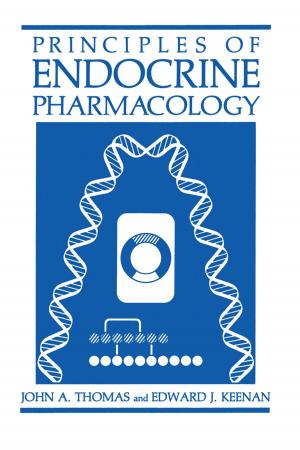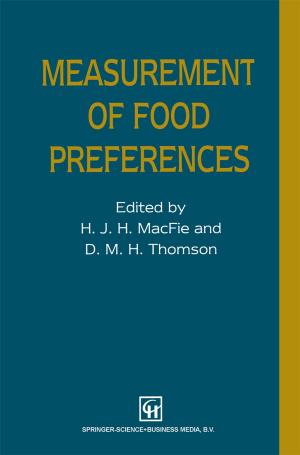Cardiovascular Drug Therapy in the Elderly
Nonfiction, Health & Well Being, Medical, Specialties, Internal Medicine, Cardiology| Author: | Adam Schneeweiss, Gotthard Schettler | ISBN: | 9781461320630 |
| Publisher: | Springer US | Publication: | November 11, 2013 |
| Imprint: | Springer | Language: | English |
| Author: | Adam Schneeweiss, Gotthard Schettler |
| ISBN: | 9781461320630 |
| Publisher: | Springer US |
| Publication: | November 11, 2013 |
| Imprint: | Springer |
| Language: | English |
Cardiovascular drug therapy has markedly progressed in the recent decades. Not only have new drugs been introduced to clinical practice, but new classes of drugs have been developed. While in 1960 the practicing cardiolo gist had a selection of about only ten drugs, in 1987 about 150 drugs are routinely used in cardiovascular diseases. Elderly patients, however, usually do not enjoy the full benefit of this progress. This might be due to lack of knowledge, a conservative approach, or the worldwide tendency not to try new drugs in the elderly. It is now clear that the majority of patients that will be treated in car diovascular clinics will be, in the near future, elderly patients. Even now, elderly patients form about one-third of the patients with cardiovascular diseases. These patients are approached, however, according to criteria devel oped for younger populations. This is despite the fact that elderly patients differ from younger ones in most aspects, including pathology, epidemiol ogy, pathophysiology, diagnostic approach, management, pharmacology, pharmacokinetics, rehabilitation, and supportive treatment. It is the purpose of this book to present to the clinician all drugs with which there is clinical experience in the elderly or which might be potentially useful for the elderly with cardiovascular diseases. The data are presented without the authors taking a position. This should allow the clinicians to make their own selection and individualize treatment, vii viii Preface based on a wide data base. Comparative data are presented only when specific comparative studies were performed.
Cardiovascular drug therapy has markedly progressed in the recent decades. Not only have new drugs been introduced to clinical practice, but new classes of drugs have been developed. While in 1960 the practicing cardiolo gist had a selection of about only ten drugs, in 1987 about 150 drugs are routinely used in cardiovascular diseases. Elderly patients, however, usually do not enjoy the full benefit of this progress. This might be due to lack of knowledge, a conservative approach, or the worldwide tendency not to try new drugs in the elderly. It is now clear that the majority of patients that will be treated in car diovascular clinics will be, in the near future, elderly patients. Even now, elderly patients form about one-third of the patients with cardiovascular diseases. These patients are approached, however, according to criteria devel oped for younger populations. This is despite the fact that elderly patients differ from younger ones in most aspects, including pathology, epidemiol ogy, pathophysiology, diagnostic approach, management, pharmacology, pharmacokinetics, rehabilitation, and supportive treatment. It is the purpose of this book to present to the clinician all drugs with which there is clinical experience in the elderly or which might be potentially useful for the elderly with cardiovascular diseases. The data are presented without the authors taking a position. This should allow the clinicians to make their own selection and individualize treatment, vii viii Preface based on a wide data base. Comparative data are presented only when specific comparative studies were performed.















